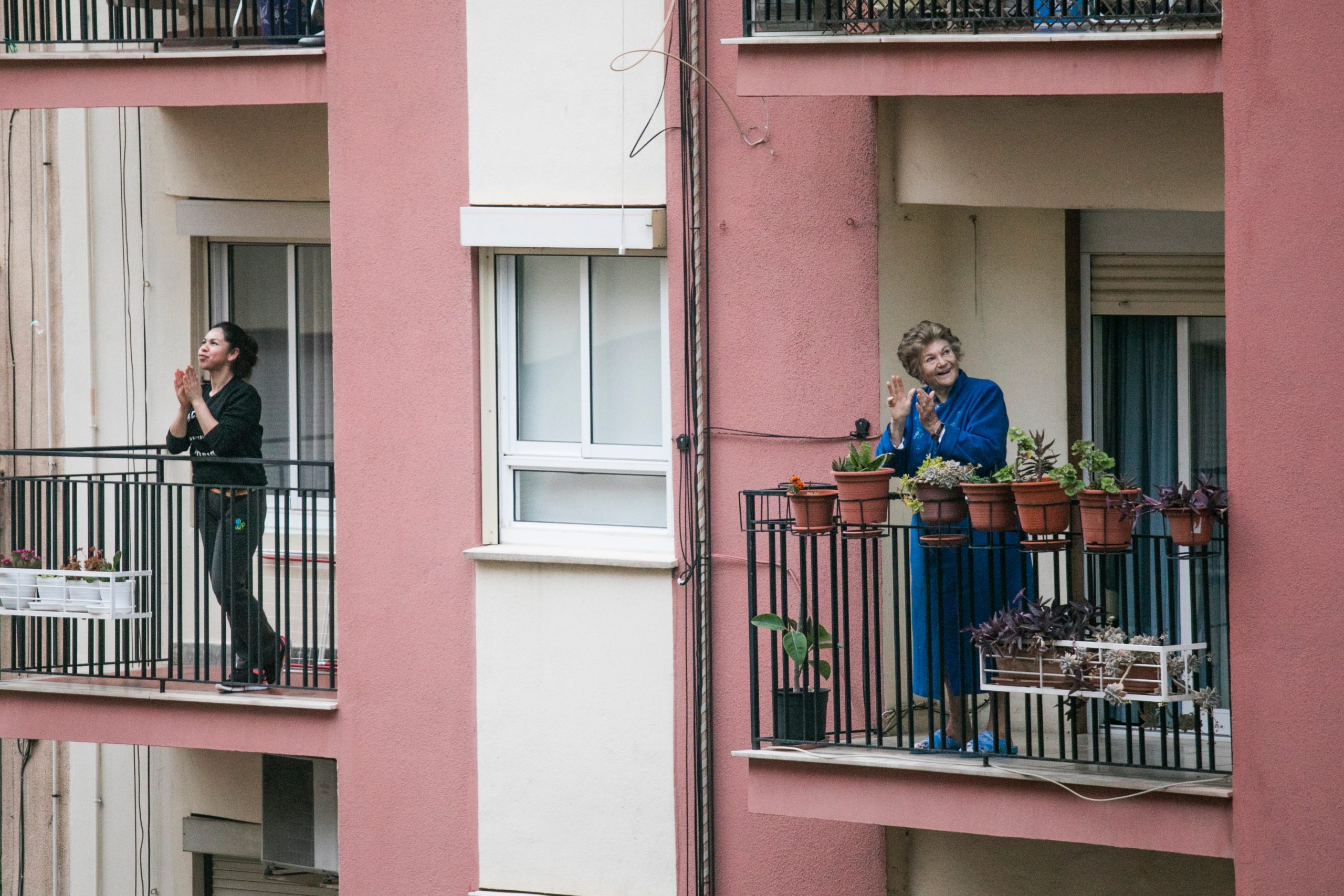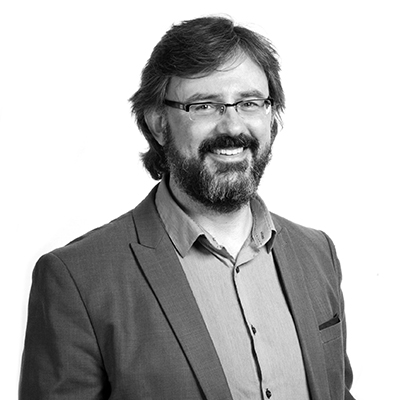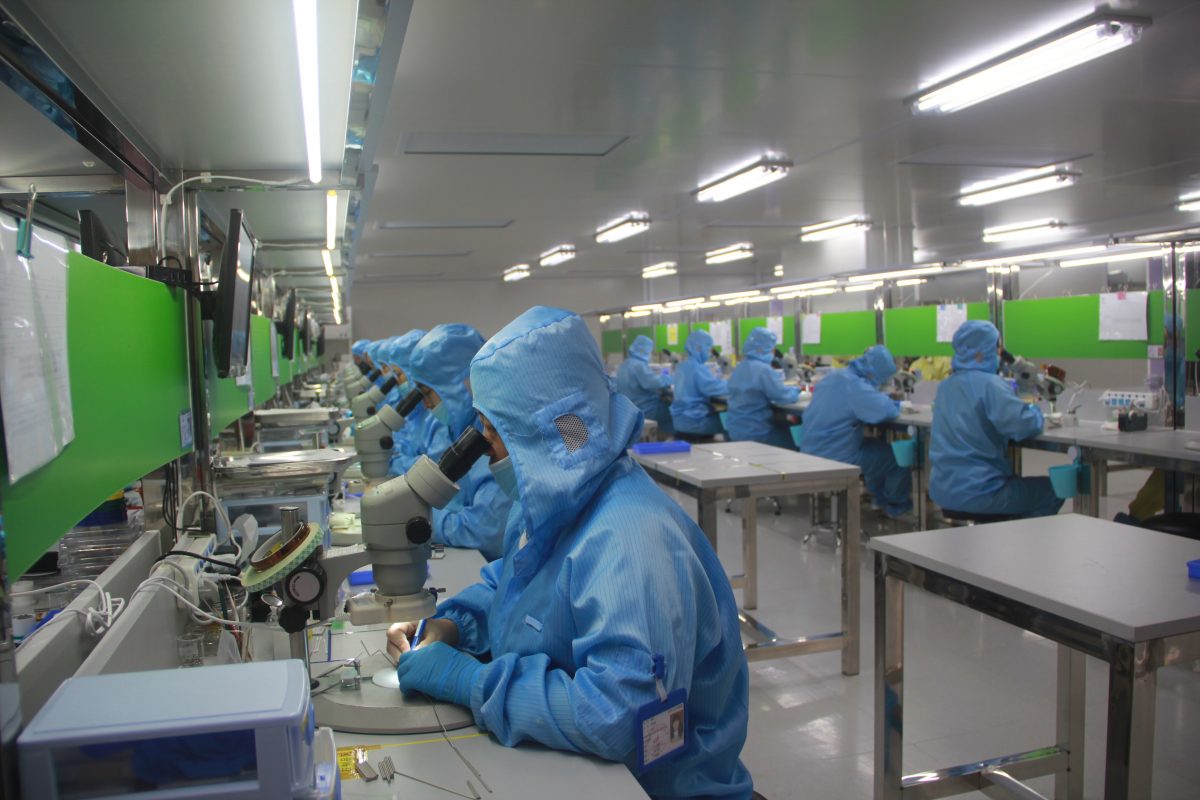The spread of Covid-19 is a global concern, especially in the most developed countries where the rapid spread of the virus has taken governments by surprise. Adopting a spatial approach to this issue, we identify the spatial factors that help explain why some areas are hit harder than others, based on the Italian example (with the Lombardy region as the epicentre in Europe).
Our analysis combines an autoregressive spatial model and a bivariate spatial autocorrelation from a pool of data collected from the Italian provinces to propose a real-time analysis of the spread and concentration of the virus. The findings suggest that the most globally connected areas are also the worst hit, and that the implementation of a lockdown at the beginning of March 2020 was a crucial and effective approach to slowing the spread of the virus further.







